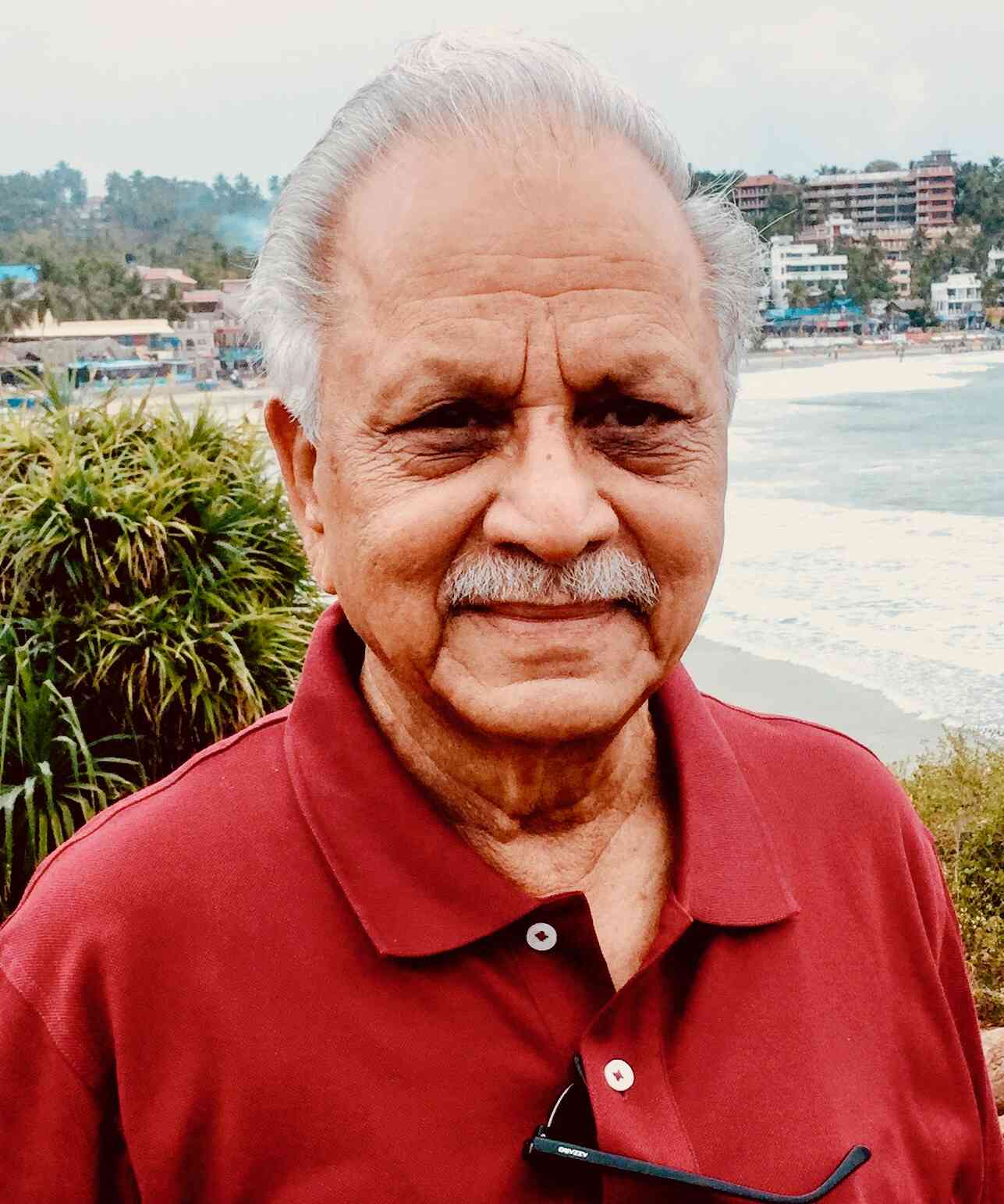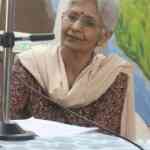Memory Cafes And How They Can Help
Our ongoing series on Dementia resources and expert guides on how they can help both persons with dementia and the caregiver.
My mother has Alzheimer’s disease, and I am not able to cope with the diagnosis. I constantly worry about her, and I am overwhelmed and confused when it comes to planning her long-term care.
My husband wants to go out at odd hours. If I say no, he gets upset, and we argue a lot. How do I deal with him?
My mom doesn’t seem to be interested in any activities. I have bought puzzles, art kits, books, but nothing seems to interest her, even the television.
My wife keeps asking the same questions again and again, and even when I answer her, she does not stop asking questions. This has started frustrating me.
I am caring for my father, and I have a full-time job and family to look after. I am exhausted, and this is taking a toll on my health.
These are some common comments and questions Amrita Patil Pimpale, founder of Echoing Healthy Ageing (EHA), a social enterprise working in the Dementia care sector has heard over the years. Mumbai-based Echoing Healthy Ageing offers home-based therapies for the elderly with cognitive impairment, counselling, and dementia care training for family caregivers and professionals. "Dementia affects 7.4% of India's population above 60 years, with approximately 88 lakh Indians impacted. Training workshops educate attendees about leading causes, detection, diagnosis, prevention, and effective caregiving for dementia patients," Amrita adds.
A lot of caregivers wonder if they would have time for workshops in an already packed life. But taking out time may help in the long run. At EHA, the sessions are usually three hours long. They are helpful for family and friends of people with dementia who may not have much experience with it. The suggestions are practical. They focus on using the available resources effectively. You can use what you learn to train the caregiver at home or care for your loved one in a facility.
EHA also runs a Memory Cafe, one of the rare few in the country. Memory Cafes are common in the West. They use art and music therapy to stimulate the mind. Seniors and caregivers can enjoy a safe and cosy environment there. The aim is to assist individuals with dementia and their caregivers to connect and decrease loneliness and isolation. This is done by spending time with others in a similar setting. The activities are aimed at relaxation and having fun.
What is a Memory Café?
A memory café is a monthly gathering of individuals with memory loss, their caregivers, or friends and family in a safe, supportive, and engaging environment. You can make friends and interact without worry. Around the world, Memory Cafes are places where people can socialize and chat. Some also offer activities like art, music, crafts, and writing. Others may include an educational component; speakers are brought in to provide resources. Most meet once or twice a month for an hour or two to allow members to get to know one another.
In the late 1990s, Bère Miesen, a Dutch psychiatrist, created the first memory café in the Netherlands. The café raises awareness and fights stigmas linked to dementia. It also offers support for patients and their caregivers.
Dave Weidderich says the concept came to the US in 2008, after Europe. He is the founder of the Memory Café Directory, which lists and gives information about these meeting places. Memory cafés are not a form of respite care. Instead, they provide a space for caregivers and care recipients to socialize and connect with others facing similar situations.
Amrita points out why they're important. "Loneliness and social isolation are growing problems in our country, especially seniors. The recent Lancet study says that being socially isolated increases the risk of developing dementia later in life. The need for out-of-the-box thinking is acute. In fact, instead of only prescribing a drug for someone, doctors in the UK, and Canada are now prescribing social activities. They are sending them to the local bingo hall or museum, recommending therapeutic art or asking them to sing in a choir."
At EHA, Mumbai Memory Café sessions are for seniors to experience art, music, and reminiscence therapy in group settings. "We welcome people with dementia and their caregivers to our inclusive events. They can enjoy group sessions together, working on art projects or singing their favorite songs."
Are there Memory Cafes in other places in India? We found very few credible mentions.
The Friday Memory Cafe in Pune is an initiative of Madhurbhav, which runs a care home for senior citizens. The Udbodh Project in Kochi also offers a Dementia Memory cafe as part of its activities. You can look up dementia resources across India by clicking here.
How do these resources help the person with dementia and the caregiver?
Memory cafes and training can help not just the person with dementia but also the caregiver.
"Caregiver education is crucial due to the diverse nature of dementia. Families need practical insights and support to handle the challenges effectively. Compassion fatigue and unpredictability in caregiving emphasize the need for training and support groups. Untrained caregivers can inadvertently provide inferior care, leading to violence, neglect, hygiene issues, poor nutrition, falls, and associated injuries. "Training can prevent mistakes and improve the lives of dementia patients," says Soumya Lakshmi, a Senior Gerontology Consultant in Bangalore. Soumya is currently writing a book called ‘Diary of a Gerontologist’.
"Dealing with dementia requires an understanding of its broad spectrum which encompasses various types such as frontotemporal dementia, Lewy body dementia, and vascular dementia. Each type has its unique symptoms and manifests differently in different individuals. Dementia doesn't have clear symptoms like cancer. Instead, it causes different behavioural problems in each person. According to Soumya, forgetfulness and memory loss are common symptoms of dementia. However, behavioural problems can vary from person to person.
During the early stages, behavioural problems can include eating, restlessness, and sleep issues. According to Soumya, it's important to know what's coming. Every day can bring new challenges and make people more vulnerable to compassion fatigue. Unfortunately, I have witnessed many families behaving violently towards their elderly parents due to exhaustion, sleep deprivation, and the erratic, hallucinating, and wandering behaviour of their parent, which is a very common issue.
Soumya points this out with reference to combating caregiver burnout.
"Combating caregiver burnout requires periodic breaks, governmental support, and well-being focus. Caregivers should continue their lives while receiving professional help and training. Caregiving training must encompass a holistic approach, integrating theoretical knowledge with practical experience. Social integration (as memory cafes may offer) and emotional well-being are key components to slow down dementia progression," she concludes.
If you are a caregiver, have you tried any of the above for your loved one with Dementia? Tell us in the comments below.
-- With inputs from Neha Kamalapur, who interviewed Soumya Lakhani.
Note: The cover image (courtesy Pixabay) is for representation purposes only. Memory cafe sessions are not necessarily held in a cafe. They can be held at a care centre, in an institute or any similar venue)
Comments

Ratna
07 Oct, 2023
👌👌







Post a comment